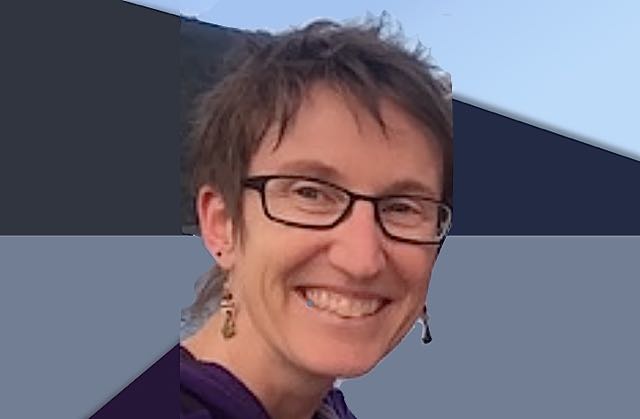Five Years in Review: CRESEL Program Reflections and Next Steps

Heather Coulehan, Social and Emotional Learning Coordinator
“Too many initiatives die after a year or so. Trauma-informed work needs to be connected to a shared long-term vision and goals.” – Alaska educator
Introduction
For five years the Culturally Responsive Embedded Social and Emotional Learning (CRESEL) pilot, a partnership between the Association of Alaska School Boards and Bering Strait, Hydaburg, Kodiak, Lower Yukon, Nome, Sitka, and Yukon Kuskokwim school districts, has helped to build the capacity of school districts to embed social and emotional and learning. As explained by district staff, “The goal was to allow schools to focus on the well-being of students through social-emotional skills and activities using the local community or cultural practices and values.”
AASB worked with independent evaluators to better understand the impact and lessons learned from the CRESEL pilot. Overall CRESEL evaluation data showed there was a dramatic uptake in CRESEL district structures/staff in Year 2 that was largely maintained over time, but the evaluation also showed that school level uptake took much longer than anticipated and that teachers needed more direct supports to effectively embed CRESEL.
Recommendations from the report included:
- Develop a self-assessment template to track what has been accomplished
- Include practical examples of what CRESEL looks like across districts
- Provide site-based supports or coaching
- Highlight and share successes across the state
New Materials and Tools
These recommendations have impacted the design of a second pilot and have informed some of the latest tools offered in the trauma engaged resources of Transforming Schools, including a toolkit, milestone guides, and videos.
The Transforming Schools Milestone Guides and a Video Library are tools to deepen understanding, reflection, and move knowledge into school-based practices. The Association of Alaska School Boards, the State of Alaska Department of Education and Early Development, and the Alaska Afterschool Network have developed milestone guides to help school staff understand specific knowledge, practice, and structural changes they can make to improve their trauma engaged schools implementation.
“Chapter 4: Planning and Coordination” in Transforming Schools: A Framework for Trauma Engaged Practice in Alaska is a good resource to learn more about the stages of implementation.
- Where is your SEL and trauma engaged work on the continuum of implementation?
Additionally A new trauma engaged video library offers over 50 peer-led and statewide experts short videos tied to the topics in the Framework. They are under 10 minutes and easily accessible for personal review or in a group setting to stimulate discussion.
Reflecting on Your Own District’s SEL and Trauma-Engaged Work
“There is nothing inevitable about student outcomes. It is a result of the policies and practices we put into place. We hold a great responsibility.” -Alaska School Board Member
As you reflect on your district’s SEL and trauma engaged work, consider these four next steps.
Learning from our programs and results is an important part of improving outcomes. Many of us design projects or implementation approaches. We start and stop programs without fully considering what we have learned. Should we do this? Are we doing this right? Could we be doing this better?
What does your board want to reflect on and improve?
What do your own SEL and Trauma Engaged Schools efforts look like?
Watch the 7 minute video, Painting a Picture with Data as a board and discuss these reflection questions:
- What are the data, observations, or stories you use to organize your trauma engaged schools work? How do you collect this information systematically?
- What stands out to you? What is going well?
- What is the long-term change that you would like to see?
- What things would have to change to make this long-term change?
- Which resources in Transforming Schools will most help you move your district’s SEL and trauma engaged work forward?
The Data Reflection Tool in the online Transforming Schools Toolkit can help analyze your data. This tool provides suggestions for data review as well as reflection questions to better understand your school, students, and community. If this feels daunting, reach out to us for help gathering or analyzing data.
Join Transforming Schools Learning Opportunities
Register for a webinar on Nov 2 to learn about the new tools available in the Transforming Schools suite of resources. This webinar is part of the Alaska Healthy Schools Learning Collaborative, a new statewide hub for professional learning opportunities. Attend as a board and invite school teams to participate as well.
A suite of trauma engaged tools are compiled here. Please reach out to Claudia Plesa or Heather Coulehan for assistance in using any of the Transforming Schools resources.
